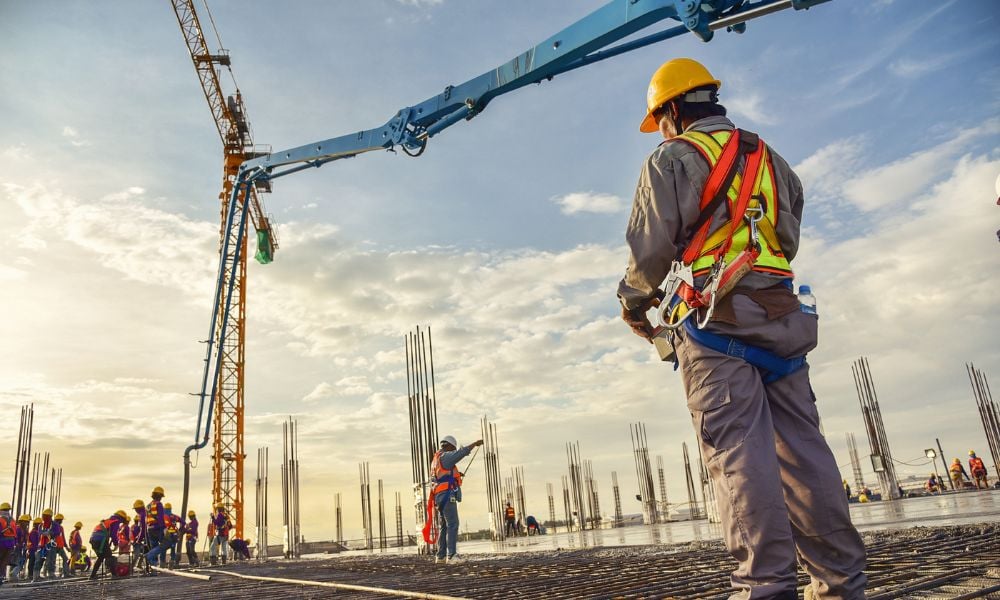
Rulings may mean businesses across state owe millions in long service leave entitlements

The Supreme Court of Victoria has ruled that employees performing construction work in the state are entitled to portable long service leave, even if their employer operates outside the building sector.
The court made this ruling in two landmark decisions that sided with CoInvest Limited, trading as LeavePlus, the administrator and regulator of portable long service leave for the construction industry in Victoria.
The court confirmed that, regardless of the primary nature of their employer's business, employees who perform construction work are entitled to portable long service leave.
In the case of LeavePlus against Detector Inspector, the court ruled that work involving mandatory safety checks and maintenance of residential property systems — including smoke alarms and electrical and gas appliances — qualifies as construction work.
Similarly, in the case against EnergyAustralia, the court considered the maintenance and repair of power generation infrastructure to be construction work.
Craig Bell, Chief Executive Officer of LeavePlus, said the rulings clarify the inclusion of industries that may have previously questioned their participation in the LeavePlus scheme.
"We've always understood that construction work under the LeavePlus scheme extends beyond work on new construction sites, and the outcomes of these cases have provided much-needed clarity around that understanding," Bell said in a statement.
Thousands of employers in Victoria are currently not compliant with their obligations to pay long service leave charges to LeavePlus, according to Bell. This means that businesses outside the building sector may be owing millions of dollars in long service leave entitlements and ongoing liabilities.
"If you employ workers performing construction work, you're covered by the scheme, even if you wouldn't ordinarily describe your business as being in the construction industry," Bell said.
The CEO urged employers who have employees performing construction work to ensure they comply with their industrial obligations.
"Whether they're providing services in energy, rail, telecommunications, or any other industry, these rulings invite any business with employees performing construction work to do the right thing and contribute to LeavePlus in accordance with the law," he said.
Bell also stated that LeavePlus plans to use the court's decisions to educate employers in key industries, such as energy, home maintenance, and telecommunications, about their obligations. This will offer them an opportunity to comply with the scheme as part of LeavePlus' initial round of industry audits.